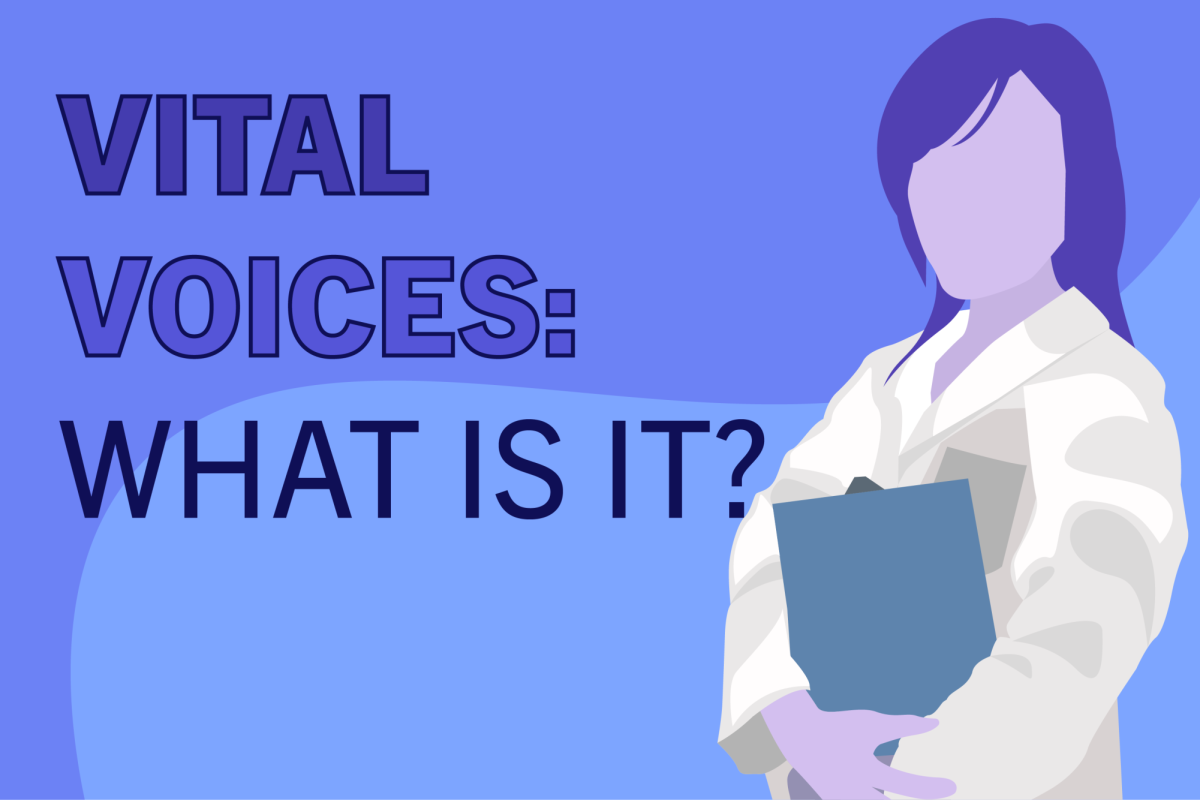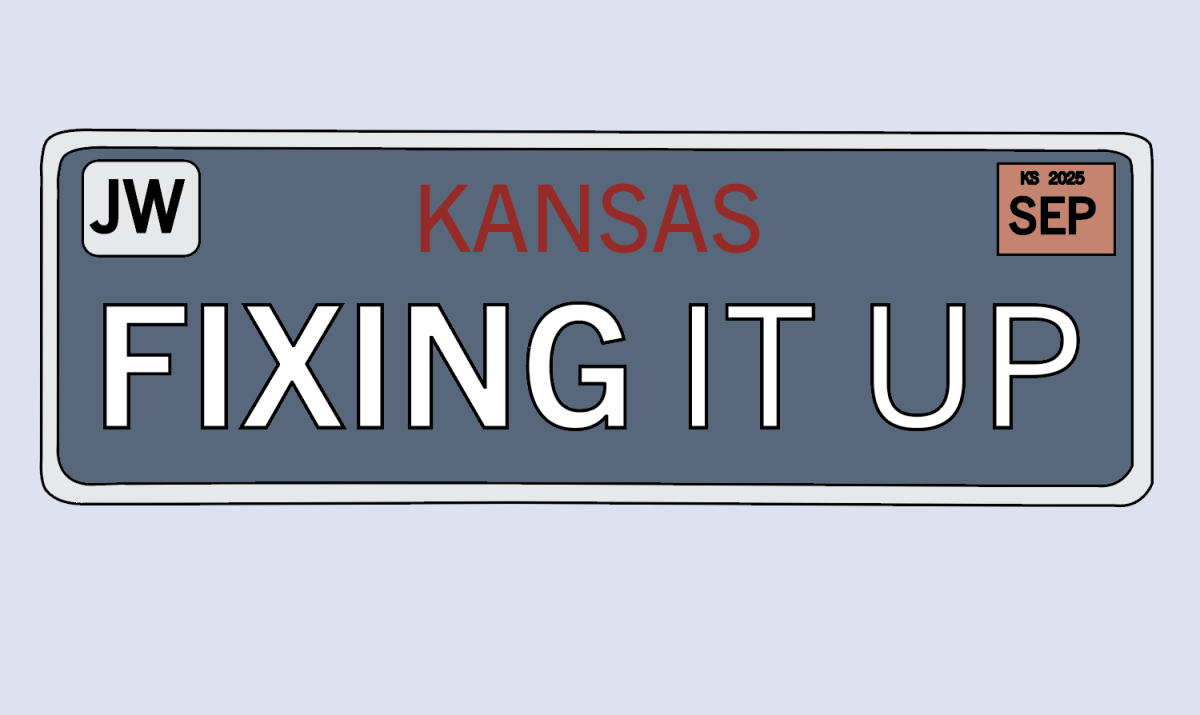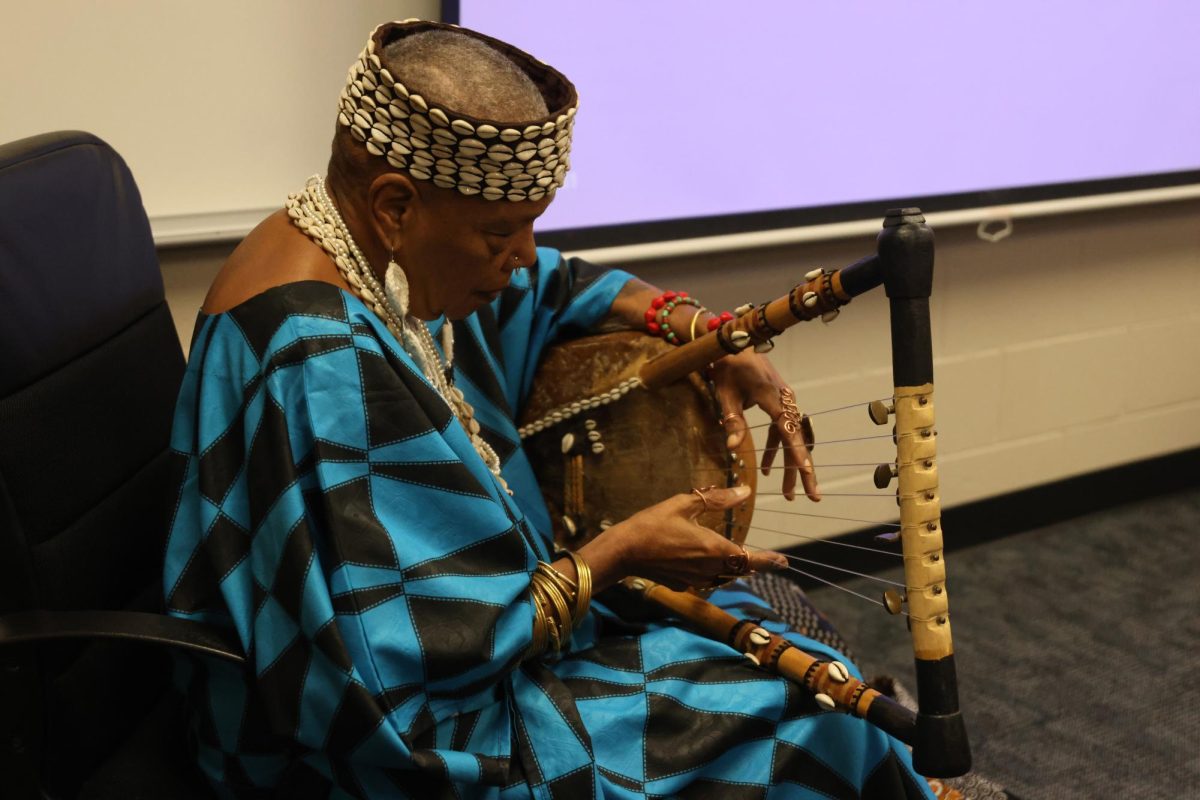Try imagining life without a mom, dad, sibling, or best friend. It’s hard, isn’t it? Within moments a loved one could unexpectedly depart from a person’s life forever. Having to deal with this can be one of the hardest things for a person to do.
For sophomore Annie Deaver, the loss of her sister, Hannah Deaver, on July 31 was more than unexpected.
“I really couldn’t believe it,” Annie said. “It just wasn’t real. Within the week that it happened, all of those days were a blur.”
Annie took the news especially hard because she was out of town when the accident occurred, and she never had to deal with death before.
“Even after a month it still doesn’t seem real. It still seems like I’m waiting for her to come home from work or vacation and walk through the door,” Annie said.
Senior Taylor Cooke, one of Hannah’s best friends, shares the same shock as Annie, but manages to find a deeper meaning in a time of loss.
“[I’ve learned to] just cherish every moment I have with people and live life to the fullest because that’s how Hannah did it,” Cooke said. “It made me realize that I need to be careful.”
Annie offers advice to people in similar situations.
“Don’t bottle up your emotions, let it out when you need to and surround yourself with people who make you happy,” Annie said.
In a time of loss and grief, Annie turns to family, friends and even Hannah’s friends for support. Annie notes that when a loved one is lost, it’s better to not mention it and only focus on the positives.
“I want to talk about homework, the dance, or who is going to the game,” Annie said.
Tips from the expert
Licensed Social Worker Kelly Gillespie offers advice to teens who are coping with the loss of a loved one.
“When you are grieving you have to be patient. Definitely do not ignore it and allow yourself to feel whatever you are feeling,” Gillespie said. “Also, not everyone will go through all of the stages of grief. Most importantly, seek help if you feel you are getting “stuck” in your grief and not coping well.”
Gillespie notes that the most important thing to do is get support from other people.
“If you don’t usually like to talk about your feelings it is especially important for you to do so after a loss. Connecting to other people will help,” Gillespie said.
Gillespie shares that for kids, social networking outlets can be used for getting and giving support. School counselors and social workers are always available during times of crisis for a student. She said kids need to take care of themselves when they are grieving because major loss can also have a physical toll.
According to Gillespie there are many ways to help a friend during a loss.
“By just validating their feelings, not trying to “fix” the situation because that cannot be done. Many times they just need to be heard and have someone know what they are going through,” Gillespie said. “Just spending time with them will help them. Take your friend’s cues for talking about the loss and don’t be afraid to gently suggest they seek professional help if needed.”
LSW Therese McKechie offers advice that is similar to Gillespie’s but with what not to say.
“Don’t ask if someone is over it- there’s no closure with death,” McKechie said. “Grief comes in waves and doses. Like an ocean, a wave will come and overwhelm you, but it’ll go back out again but you could have grief waves for your life span.”
With family members being the closest people to the one who has passed away, it’s a challenge knowing what to say to them.
“Share stories, they’ll be touched, not angry that you brought it up. You didn’t remind them, they’re already sad,” McKechie said. “Help them memorialize their death, a tribute, a symbol of their memory. This can be simple.”
With this being said, tears aren’t the only way a person has to grieve.
“It is a common response but not the only response to sadness,” Gillespie said. “Even if someone does not cry they still feel the pain just as deeply. They might just be showing it another way.”
Gillespie stated other effects of grieving which include fatigue, weigh loss or gain, or sleep problems.
“We usually think of grief as strictly an emotional response but physical problems can develop. Some people grieve so strongly they end up turning to alcohol or drugs to mask or numb the pain,” Gillespie said.
People can also suffer intrusive thoughts or denial and end up with actual depression, according to Gillespie.
“If your friend (or loved one) is not feeling better over time or experiencing any of these things, it is time to encourage them to seek professional help,” Gillespie said.
While grieving the loss of loved ones is a constant battle, those coping with death may find comfort in knowing their loved one touched the hearts of many.







